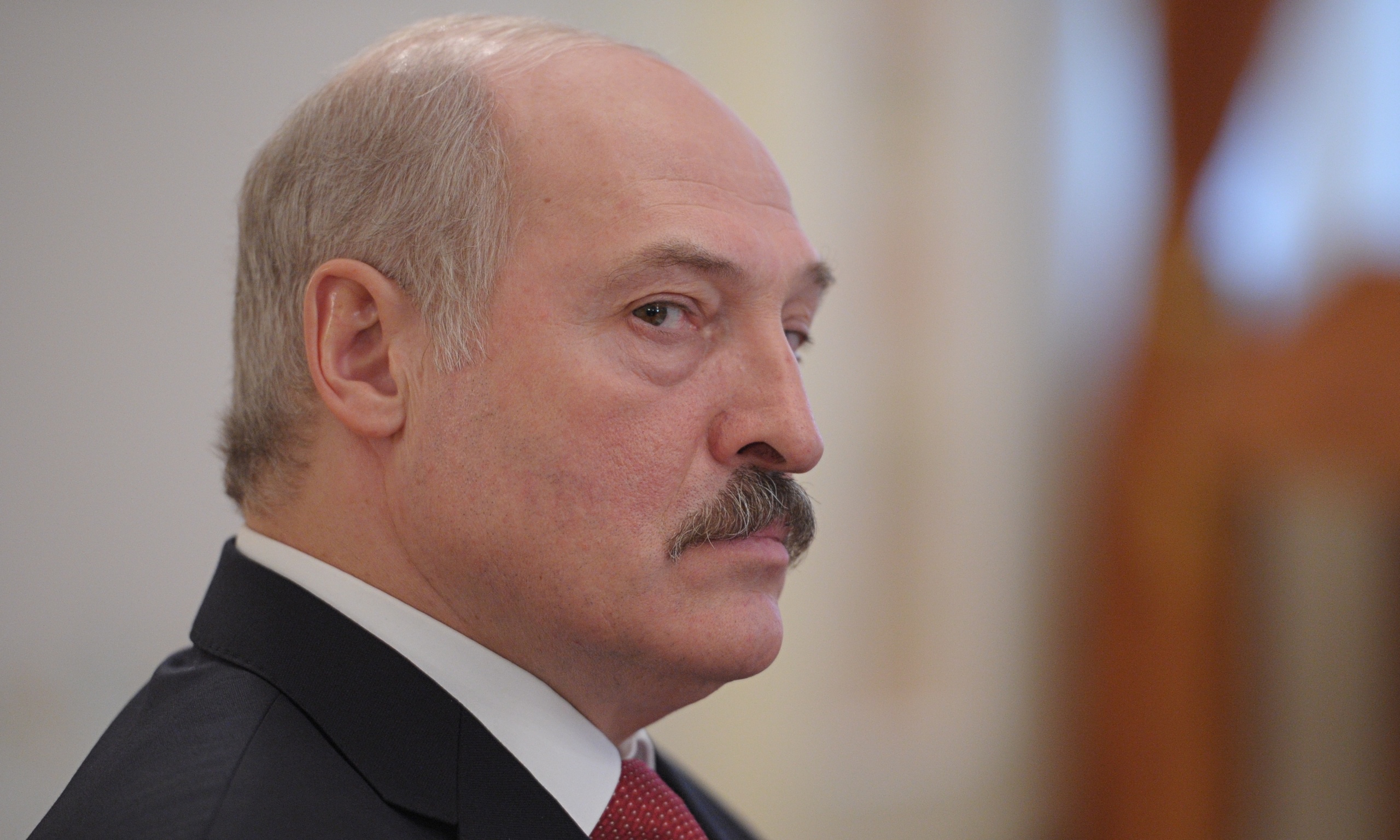
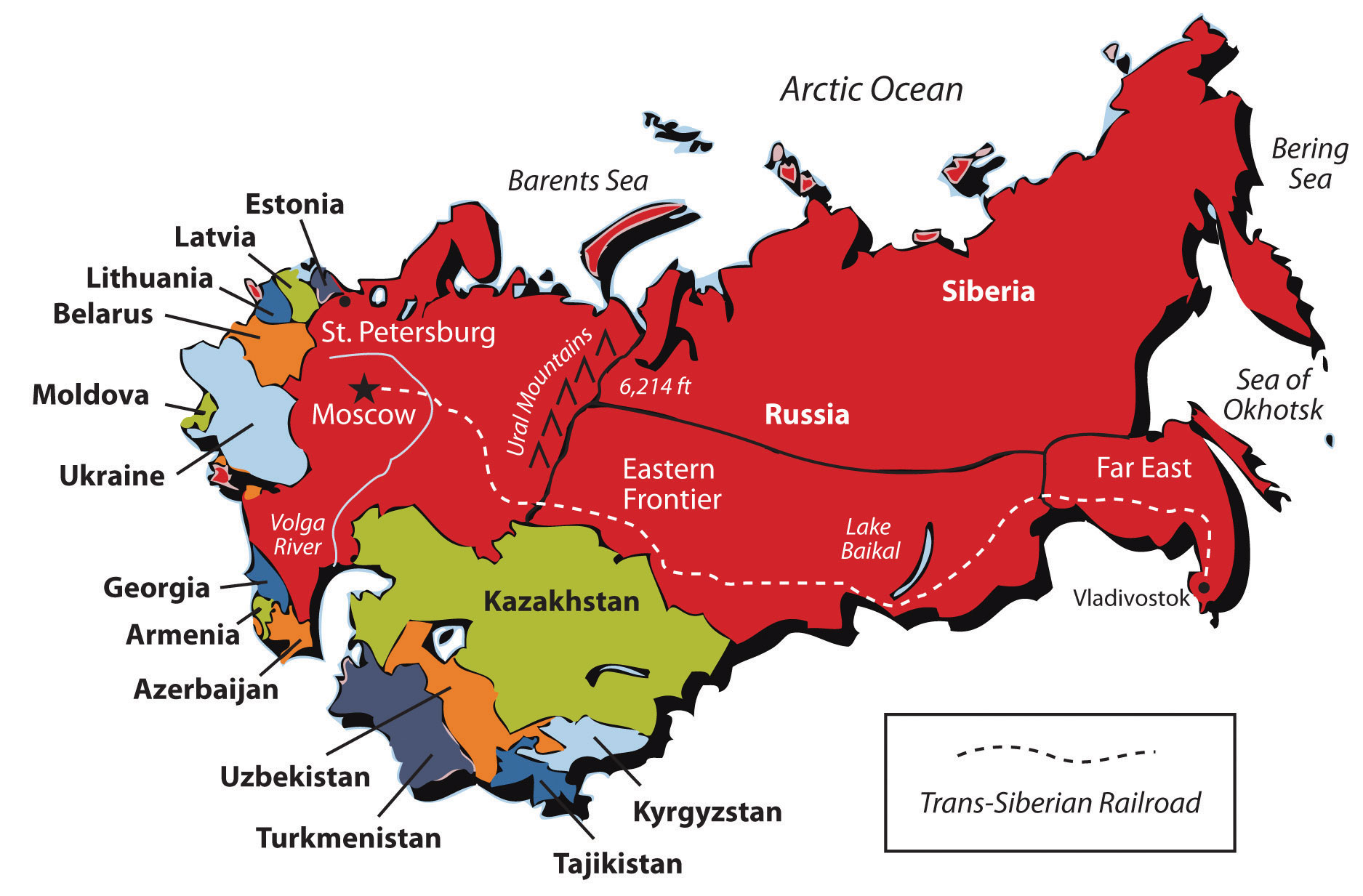
Soviet Union: Soviet Union, former northern Eurasian empire (1917/22–1991) stretching from the Baltic and Black seas to the Pacific Ocean.
There are several places in post-Soviet countries worth visiting. This post is about 20 former-USSR cities worth visiting in 2018.
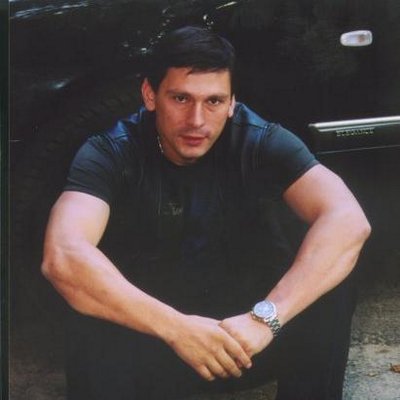
Ethnic Russians are a sizable ity in several former Soviet republics, and many are more favorably inclined toward Russia than are their fellow citizens.
Notes ^ Declaration № 142-Н of the Soviet of the Republics of the Supreme Soviet of the Soviet Union, formally establishing the dissolution of the Soviet Union as a state and subject of international law.
Note: Russia is divided on the one hand into 9 large federal districts (created 13 May 2000) and on the other into 85 smaller entities (22 republics, 9 kraya, 46 oblasti, 3 federal cities, 1 autonomous oblast, and 4 autonomous okruga; additionally the special status leased area of Baykonur has the status of a federal city).

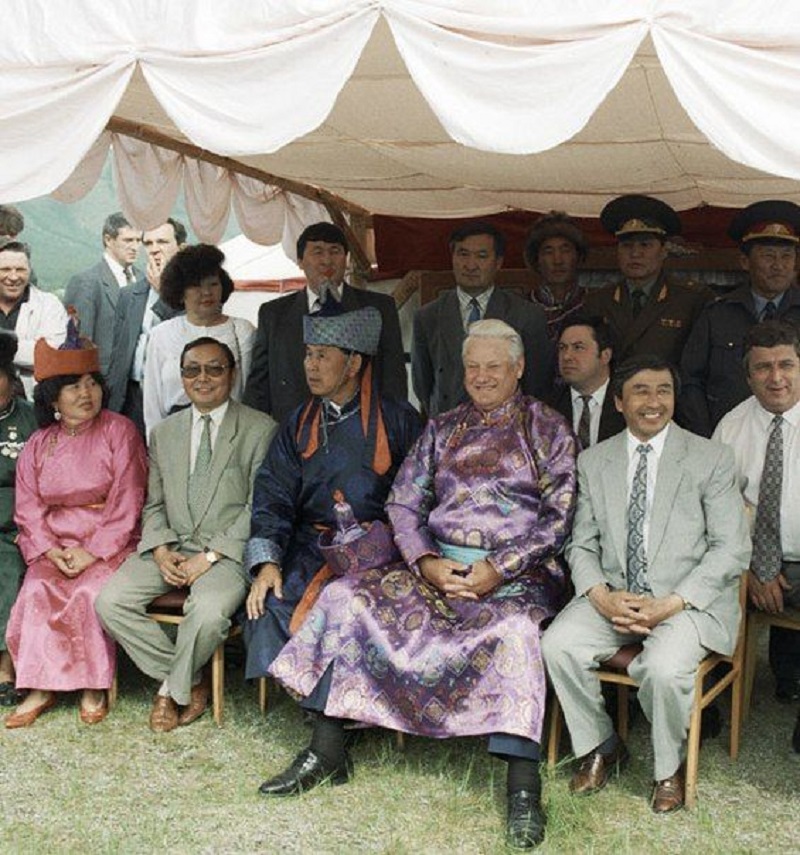
Notes ^ Declaration № 142-Н of the Soviet of the Republics of the Supreme Soviet of the Soviet Union, formally establishing the dissolution of the Soviet Union as a state and subject of international law.
The post-Soviet states, also collectively known as the former Soviet Union (FSU) or former Soviet Republics, are the states that emerged and re-emerged from the Union of Soviet Socialist Republics in its breakup in 1991, with Russia internationally recognised as the successor state to the Soviet Union after the Cold War.

Baltic states: Baltic states, northeastern region of Europe containing the countries of Estonia, Latvia, and Lithuania, on the eastern shores of the Baltic Sea. The Baltic states are bounded on the west and north by the Baltic Sea, which gives the region its name, on the east by Russia, on the southeast by
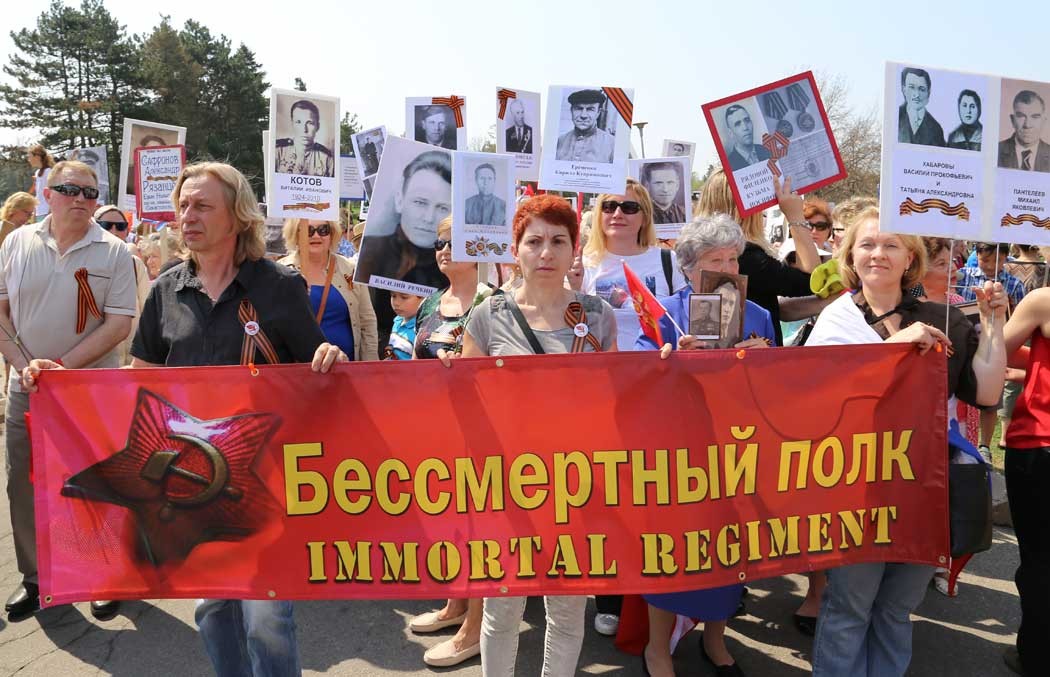

Russia, history, rulers, politics. Rus’ c.862 Grand Principality of Rus’ (later referred to as Kievan Rus’
The post-Soviet states, also collectively known as the former Soviet Union (FSU) or former Soviet Republics, are the states that emerged and re-emerged from the Union of Soviet Socialist Republics in its breakup in 1991, with Russia internationally recognised as the successor state to the Soviet Union after the Cold War.

